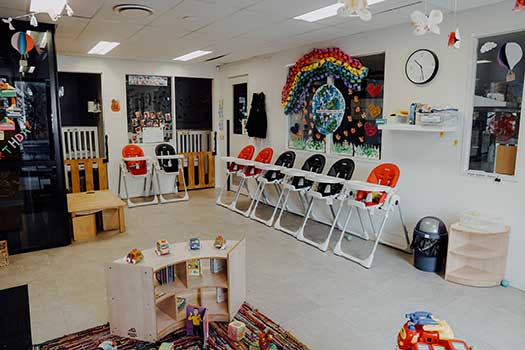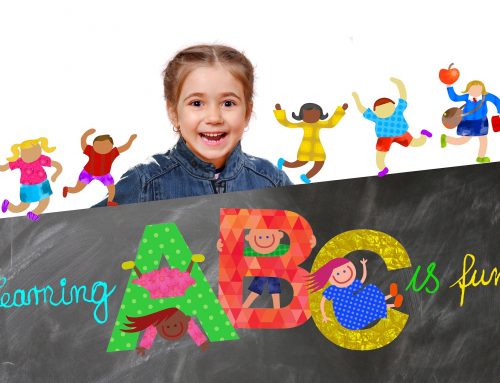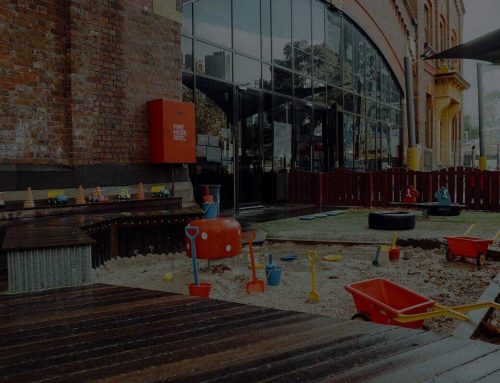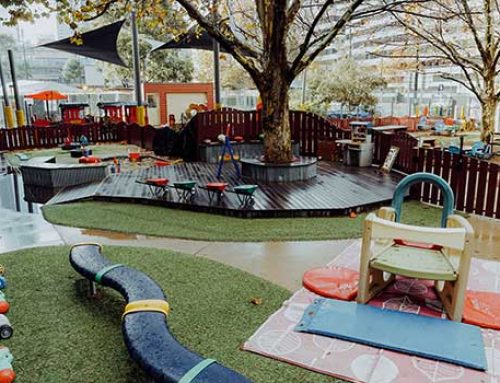Statistically speaking, play-based learning shows over 35% increase in emotional intelligence. In kindergarten instruction, holistic learning techniques for cognitive and behavioural development have been identified as most significant in contributing to a child’s growth. While rudimentary education can be boring for new-age children with high brain activity, play-based learning can provide adequate stimulation and meticulously develop their emotional quotient.
As preschools and daycare in Melbourne reek of laughter and playful tones throughout the day, with kids learning new activities to develop their skills, this time becomes a great tool to nurture emotional intelligence through play-based learning. Such techniques further help them develop social skills and significantly impact their learning curve. Let’s explore how effective play-based learning is at nurturing emotional intelligence in young minds.
Playgrounds As Classrooms
Most daycare centres invest in vibrant and colourful playgrounds with interactive measures and spaces to allow children to explore their motor skills and cognitive abilities through exploring the benefits of play-based learning. These playgrounds are the perfect backdrop for developing social skills and emotional intelligence through interaction with other children. As these daycares consist of children from different backgrounds and cultures, they learn about inclusivity and diversity through continued classroom conversations and interactions. Such settings help incorporate a sense of belonging, empathy, social awareness and people skills.
Building Curiosity
Shared spaces and a sense of belonging through imaginative play and fun activities can help in developing essential skills in navigating the arena of social interactions and perceiving emotions while creating an understanding of cooperation and fostering creativity. These activities where children of different backgrounds come together pique their curiosity and interest in learning through interaction and foster essential skills.
Role of Educators and Caregiver
In the entire process of learning emotional quotient, educators and caregivers have the most instrumental role to play in facilitating interaction among students and creating an environment that is conducive to developing cognitive and behavioural skills and social abilities efficiently. They also have a primary role in making the kids feel secure and safe while interacting with each other, expressing their emotions and exploring their creative and artistic side. Furthermore, they must develop a sense of trust and belonging in a nurturing environment where maximum opportunities are provided for kids to flourish.
Observation and Guidance
Monitoring the constant progress and growth of the kids is the primary role of teachers and caregivers. They must continually observe these kids’ interactions and emotional development and create a supportive environment for emotional learning through valuable opportunities.
Problem-Solving Opportunities
Daycare learning must explore creating simulations where the children’s problem-solving skills are tested, and they are provided with an opportunity to learn to navigate conflict situations and social challenges through essential communication and personal resolution.
Conclusion
Laughter and excitement are the best ways to teach children the value of emotional intelligence and social skills in daycare. These platforms allow a perfect backdrop for cultivating a deeper understanding of emotions and cognitive development, which is invaluable to holistic growth and a modern mindset.








Leave A Comment